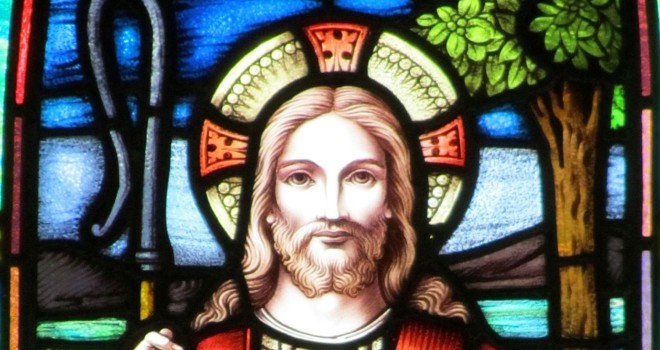By John M. Grondelski, Crisis Magazine, Feb. 12, 2025
John M. Grondelski (Ph.D., Fordham) is a former associate dean of the School of Theology, Seton Hall University, South Orange, New Jersey. All views expressed herein are his own.
The professional ecumenical class claims a common Easter would promote “Christian witness, unity, and evangelization.” The claim leaves me unconvinced because it does not address calendar differences.
 Pope Francis has again revived the idea of establishing a “common Easter.” At “ecumenical Vespers” on January 25, he called the coincidence of the Catholic and Orthodox celebrations on April 20 this year “providential” because 2025 also marks the 1,700th anniversary of the convening of the first ecumenical council, the Council of Nicaea. Among the items of business at Nicaea was the formula for setting Easter.
Pope Francis has again revived the idea of establishing a “common Easter.” At “ecumenical Vespers” on January 25, he called the coincidence of the Catholic and Orthodox celebrations on April 20 this year “providential” because 2025 also marks the 1,700th anniversary of the convening of the first ecumenical council, the Council of Nicaea. Among the items of business at Nicaea was the formula for setting Easter.
Supporters of this idea invoke what was largely considered a dormant appendix to the last ecumenical council’s Constitution on the Liturgy, Vatican II’s Sacrosanctum Concilium. In that appendix, the Council said it did not object to a fixed celebration for Easter if there was a consensus among Christians, particularly those not in communion with the Apostolic See (i.e., primarily the Orthodox). …
Continue reading >>>>>>>>>>>>>





 Pope Francis has again revived the idea of establishing a “common Easter.” At “ecumenical Vespers” on January 25, he called the coincidence of the Catholic and Orthodox celebrations on April 20 this year “providential” because 2025 also marks the 1,700th anniversary of the convening of the first ecumenical council, the Council of Nicaea. Among the items of business at Nicaea was the formula for setting Easter.
Pope Francis has again revived the idea of establishing a “common Easter.” At “ecumenical Vespers” on January 25, he called the coincidence of the Catholic and Orthodox celebrations on April 20 this year “providential” because 2025 also marks the 1,700th anniversary of the convening of the first ecumenical council, the Council of Nicaea. Among the items of business at Nicaea was the formula for setting Easter.

